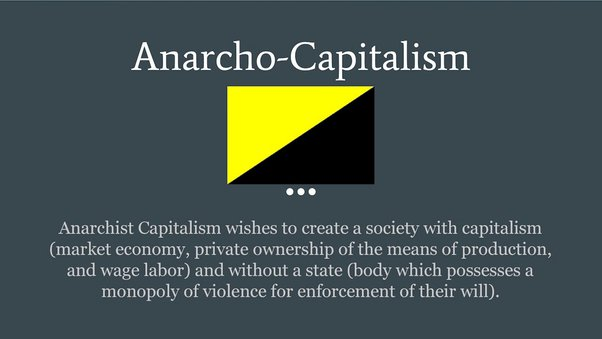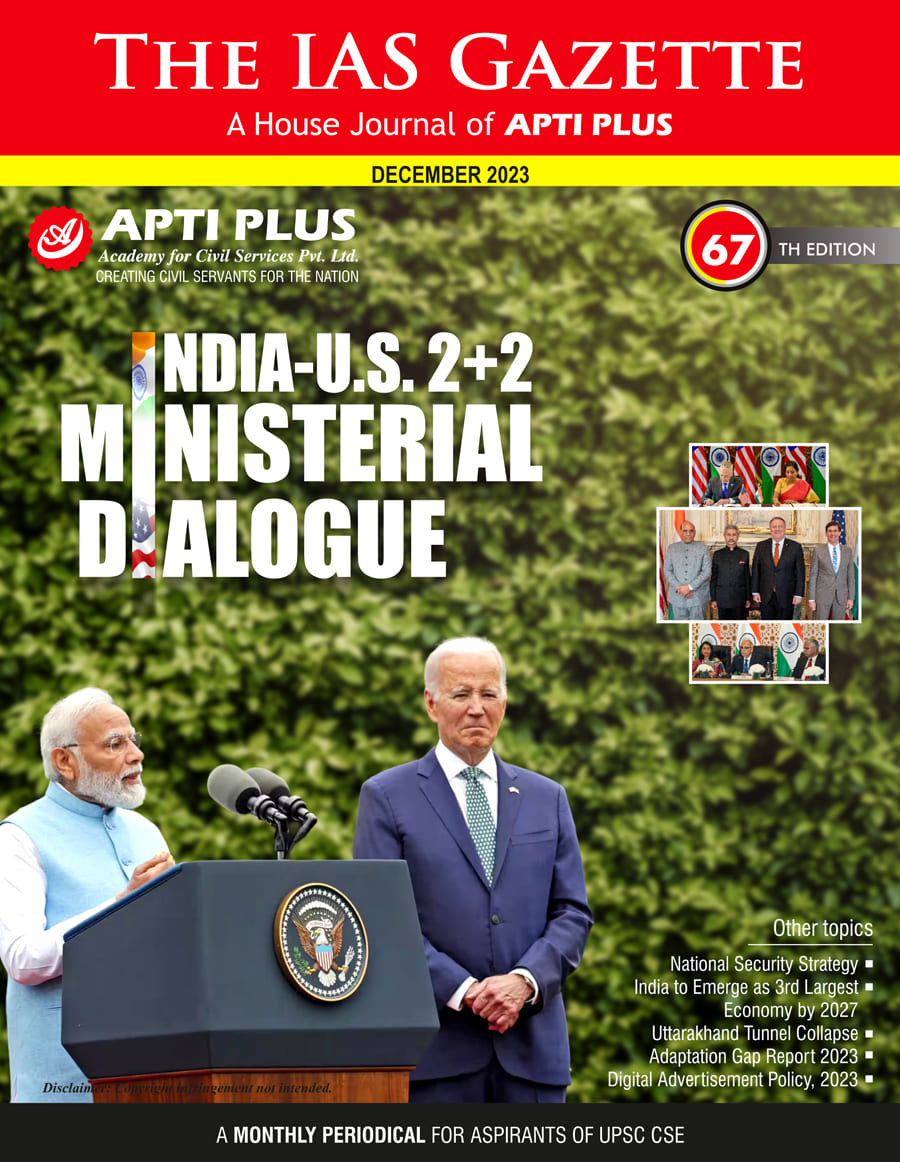Description

Copyright infringement not intended
Picture Courtesy: www.quora.com
Context: Javier Milei's victory in Argentina's presidential elections has brought the term “anarcho-capitalism” into the spotlight, sparking debates around its principles and feasibility.
Details
- Anarcho-capitalism is a political philosophy that advocates for the abolition of the state and the provision of law and order through private companies in a free market.
- The ideology has gained attention, particularly with figures like Javier Milei winning the presidential elections in Argentina.
How Anarcho-Capitalism Works:
Private Provision of Services
- Traditional free-market advocates believed that some services, like police and courts, could only be provided by the state. Anarcho-capitalists challenge this idea, asserting that private companies in a free market can offer policing and legal services more efficiently.
Competition in the Market
- Anarcho-capitalists argue that, similar to how private companies offer goods and services more efficiently than the government, competition in the market for policing and legal services would lead to higher quality and lower prices.
Customer Accountability
- In an anarcho-capitalist society, individuals would pay private police and courts for protection and dispute resolution. Advocates argue that customer patronage would ensure accountability, as dissatisfied customers could switch to competing services.

Criticisms of Anarcho-Capitalism
Feasibility and Conflict
- Critics argue that having multiple private firms provide police and legal services within a single region could lead to disagreement and conflict, with armed private entities protecting their paying clients, potentially causing chaos.
Bias toward the Rich
- Critics contend that anarcho-capitalism might favour the rich, as those with more financial resources could potentially manipulate private police and courts to escape justice, leaving the poor without protection.
Anarcho-Capitalist Responses to Criticisms
Cooperation and Common Rules
- Anarcho-capitalists argue that private police and courts, seeking long-term profits, would likely cooperate and agree to common rules to avoid costly conflicts. Cooperation would be necessary to prevent a situation where one firm defends a criminal against another firm's client.
Market Dynamics and Justice for the Poor
- Anarcho-capitalists assert that private firms, reliant on broad societal patronage, would not disproportionately favour the rich. They argue that the poor might have better chances of obtaining justice in a competitive market, where firms seek to satisfy the demands of a larger customer base.

Conclusion
- The debates around anarcho-capitalism involve fundamental questions about the role of the state, the feasibility of private provision of essential services, and the potential implications for social justice. While anarcho-capitalists emphasize the efficiency and accountability of private markets, critics raise concerns about conflict, inequality, and the practical challenges of implementing such a system.
|
PRACTICE QUESTION
Q. Which principle defines anarcho-capitalism?
A) Centralized government control
B) Private market governance
C) Authoritarian state regulations
D) Socialist communal ownership
Answer: B
Explanation:
Anarcho-capitalism advocates for the absence of a centralized government and instead relies on private companies competing in a free market to provide law, order, and essential services.
|










